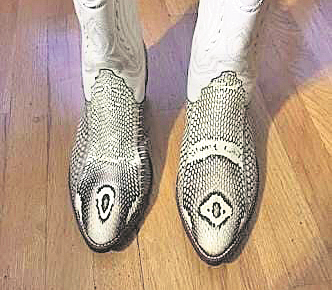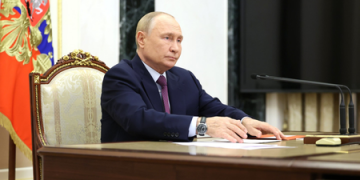Bhubaneswar: Trafficking of poisonous snakes like the common cobra and monocled cobra from Odisha to various places abroad via Kolkata has emerged as a grave threat for the existence of this reptile species.
Wildlife experts claim that the common cobra and monocled cobra are being trafficked from the state to countries like Bangladesh, Thailand and Malaysia for preparing of anti-venom injections as well as luxury items including shoe, vanity bag and belt.
Some people abroad also love to keep cobras as pet animals in their houses. Moreover, a few others use the venomous species for nefarious purposes like eliminating their opponents. “Many institutions within and outside India also purchase cobras from wildlife traffickers to keep them as specimens in their laboratories,” claimed a wildlife expert here.
Anti-venom injection
The common cobra and monocled cobra, the two snake species that are quite common in India, are well-known for their poison. Many laboratories abroad seek these two reptile species to prepare anti-venom injections. Besides, they use cobra venom to produce some costly drugs. “Wide use of cobra poison for medicinal purpose has led to an alarming rise in trafficking of these two snakes,” said a source familiar with the menace.
Luxury items
Wildlife experts claim that common cobras are frequently collected from Odisha and other states and sent aboard for their attractive hide. In many countries, there is absolutely no restriction on killing of snakes for making luxury handbags, shoes, belts and caps. However, the wildlife laws in India have banned the use of products made from snake skin.
Pet industry
Many people abroad usually keep snakes in their houses as pets. Wildlife laws in many countries allow people to keep ball python as pet animal. But, people often find it difficult to get ball pythons due to their high prices. So, they opt for cobras from traffickers.
Snakes in crimes
There are several instances in India and abroad wherein miscreants used poisonous snakes like cobra to blackmail and torture women. Moreover, some criminals use cobra venom to eliminate people. “A few people also use snake poison as intoxicants. They often keep cobras illegally for intoxication,” said a source.
Photography
In the era of Internet, there are people who take keen interest in posting photos with snakes on their social media accounts. Many models also use snakes as props while shooting commercials. These practices have also led to the rise in trafficking of snakes.
Laboratory specimen
Laboratories in educational and research institutes often flout the guidelines and depend upon traffickers to collect snakes for specimens. “Snake specimens in most of the educational institutions in India are believed to have been collected illegally,” said an expert.
Snake Helpline secretary and wildlife expert Shuvendu Mallick blamed the loopholes in laws for the rise in trafficking of snakes.
“Forest department officials often arrest snake traffickers. But, the traffickers are getting bails without much difficulty. Stringent action against people involved in the trafficking of cobras can only discourage the practice,” he said.
Snake trafficking cases in Odisha
October 22, 2013: Police busted an inter-state racket involved in illegal trade of snake poison. Six persons were arrested from a hotel near Kalpana Square in the capital city in connection with the case.
March 8, 2016: Forest Department officials arrested a snake trafficker from Balipatna area near Bhubaneswar and seized 13 monocled cobras from him.
March 19, 2016: A python and eight common cobras were seized from an abandoned building in Dhenkanal. But, no one was arrested in this connection.
April 11, 2017: Five common cobras were seized from a temple at Ranapur in Nayagarh district.
November 29, 2017: Forest department officials seized 11 cobras from a basket at Basantamal village under Balipatna forest range, but failed to arrest the trafficker.







































